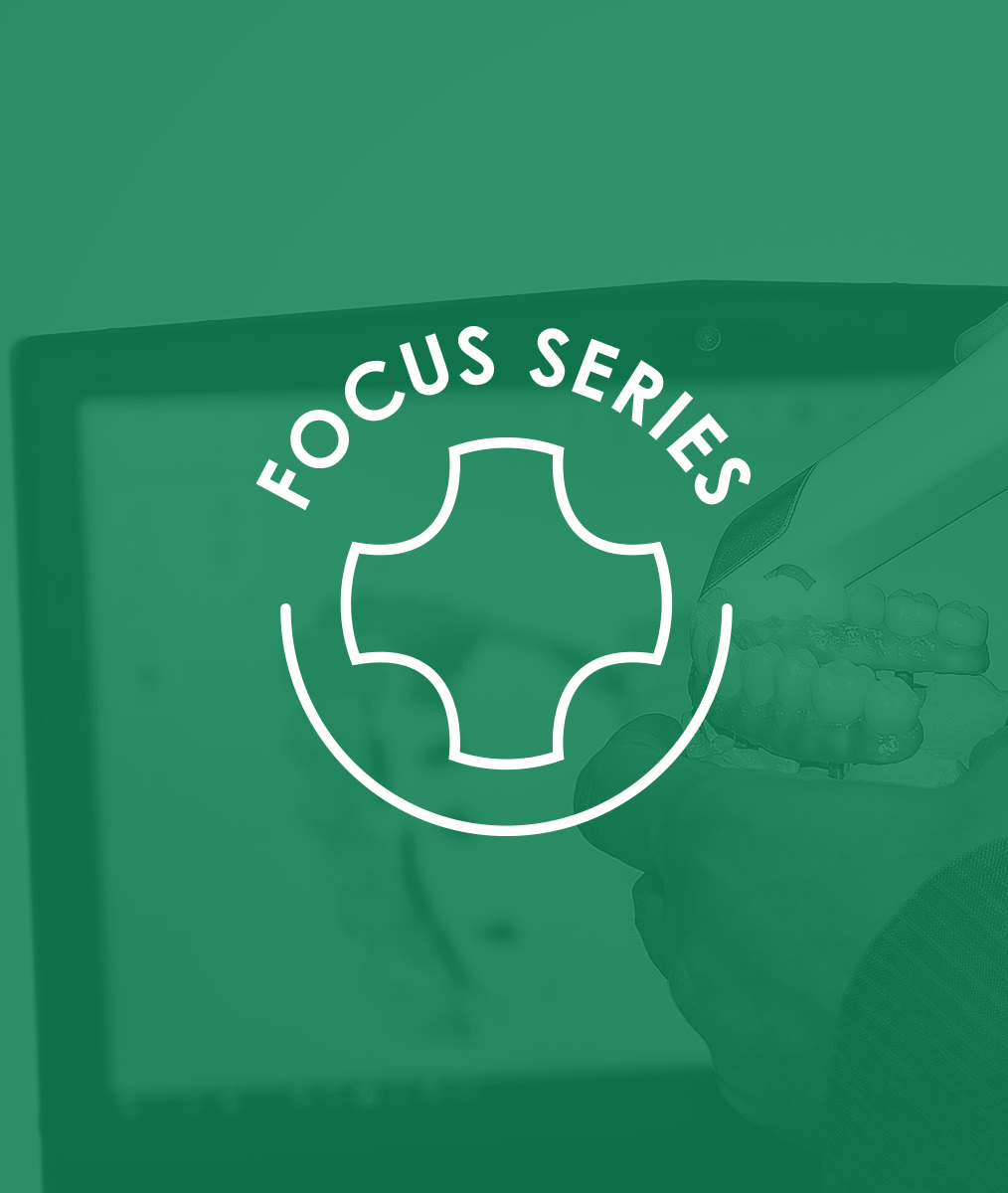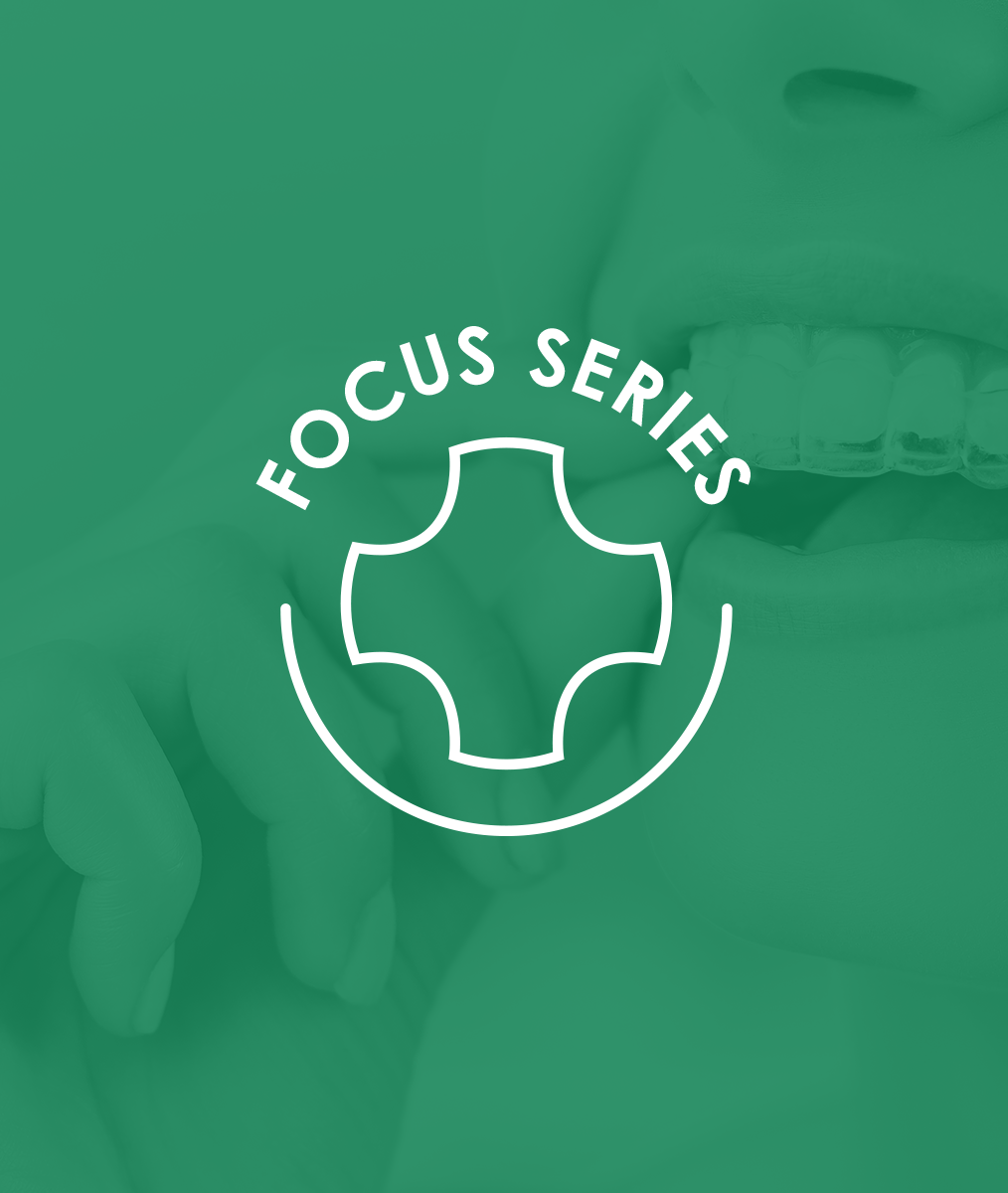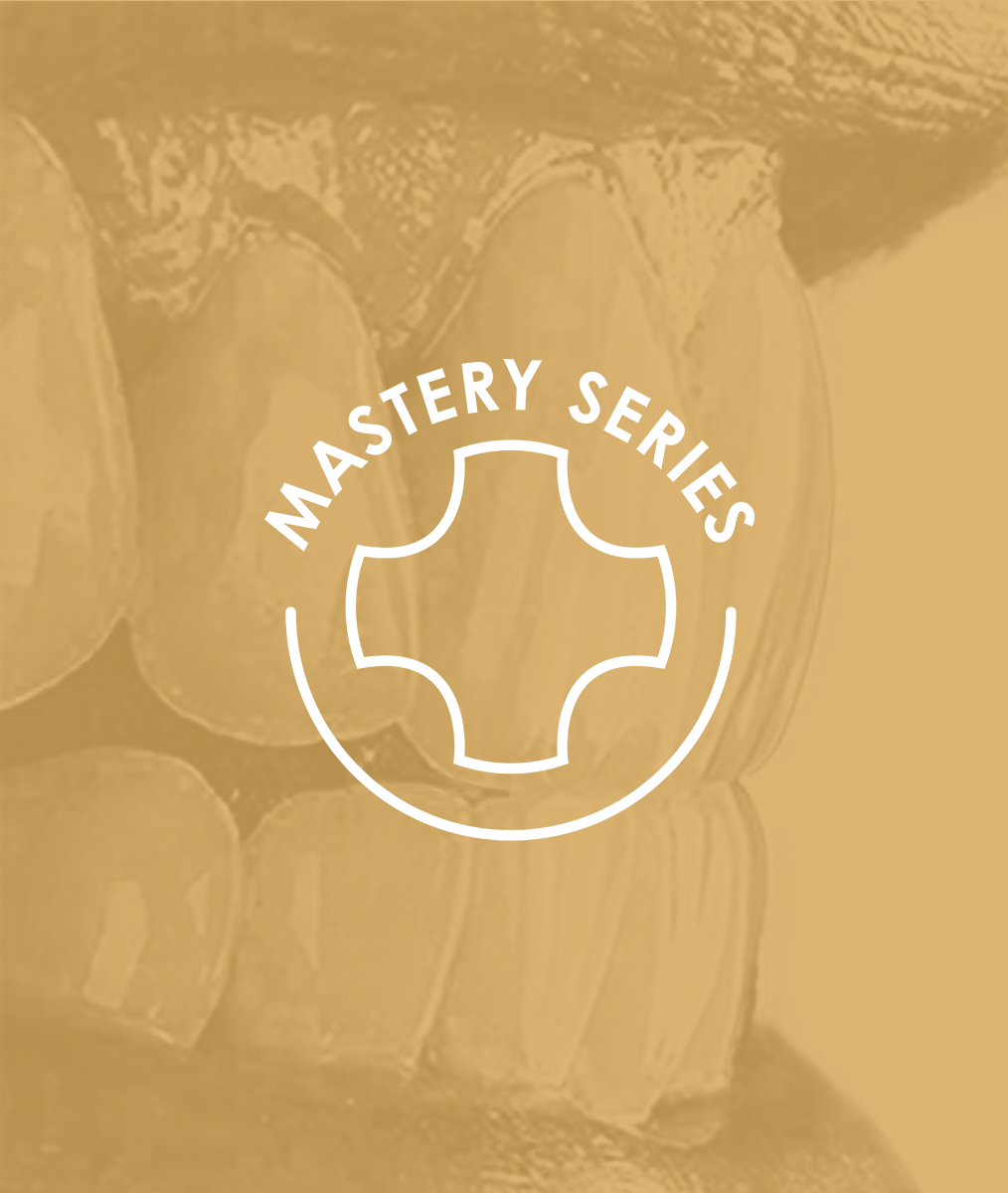The Four Universal Promises of Leadership – Part 4
In previous parts of this series, we looked at a definition of leadership, the commitment it requires, and the first two of four universal promises of leadership. The first promise was the promise to set a clear direction and create meaningful work for the organization you lead. The second was the promise to engage all stakeholders and hold them accountable for performance. Now we will look at promise three.
The Third Universal Promise
You will ensure your strategies, systems and processes facilitate focus and execution.
Selecting the strategies, systems and processes that serve your vision best is a leadership function. Execution of the systems is a management function involving the entire team, including you, the dentist.
Strategies are designed to fit your destination. Strategies, systems and processes efficiently channel actions into results. The ongoing results create feedback for refining your focus, systems and processes. This promise of leadership is about keeping the team (and yourself) focused on execution and minimizing distractions.
Focus Versus Distractions
Practice owners are flooded with messages that distract them. The entire dental industry targets them with promotions for things, services, and behaviors. They are told many versions of what they should buy and should do in order to succeed. Other distractions come in the form of emotions and self-doubt that become barriers to living out their dreams. Those “should” messages, emotions and self-doubt serve as continuous distractions from everything that is important.
Leaders sometimes break the third universal promise of leadership by:
- Not providing or managing their critical resources.
- Allowing distractions that diminish their focus or lead to inaction.
- Ineffective or inadequate processes.
- Becoming addicted to the process rather than results.
Here are two examples:
- One of those distracting messages leads you to buy the latest and greatest technology. It uses up your capital resources, and you then hesitate to purchase the fundamental instruments, equipment and materials that your organization needs to perform at its best. If you were to live this all over again, you would have made a different decision. If you are clear that your strategies and budget are designed to get you to your destination, you can discipline yourself to refrain from such impulse purchases in the future.
- You read an article or talk to a colleague who is trying the latest hottest strategy for practice building. It is in conflict with everything that you have said that you believe in and hope for. You wonder if you are doing the right thing. Your doubt leads to team confusion and disillusion. This is getting you nowhere. Now you find you have to go back and clarify your vision, mission and values to reset your strategies, systems and processes as aligned steppingstones to your destination. With determination and hope, you can and will refocus and get back on track!
Keep Hope Alive
Breaking promises is exhausting and energy stealing. It builds resentment and degrades hope.
Our organizational brand and our effectiveness as a leader are about the promises that we make and keeping them. I firmly believe the first and last task of a leader is to keep hope alive…the hope that we are finding our way to a better place. That place is the destination we call our vision!
Until next week and Part 5
Related Course
E1: Aesthetic & Functional Treatment Planning
DATE: May 16 2024 @ 8:00 am - May 19 2024 @ 2:30 pmLocation: The Pankey Institute
CE HOURS: 39
Dentist Tuition: $ 6500
Single Occupancy Room with Ensuite Bath (Per Night): $ 290
This Course Is Sold Out! Transform your experience of practicing dentistry, increase predictability, profitability and fulfillment. The Essentials Series is the Key, and Aesthetic and Functional Treatment Planning is where your journey…
Learn More>





















